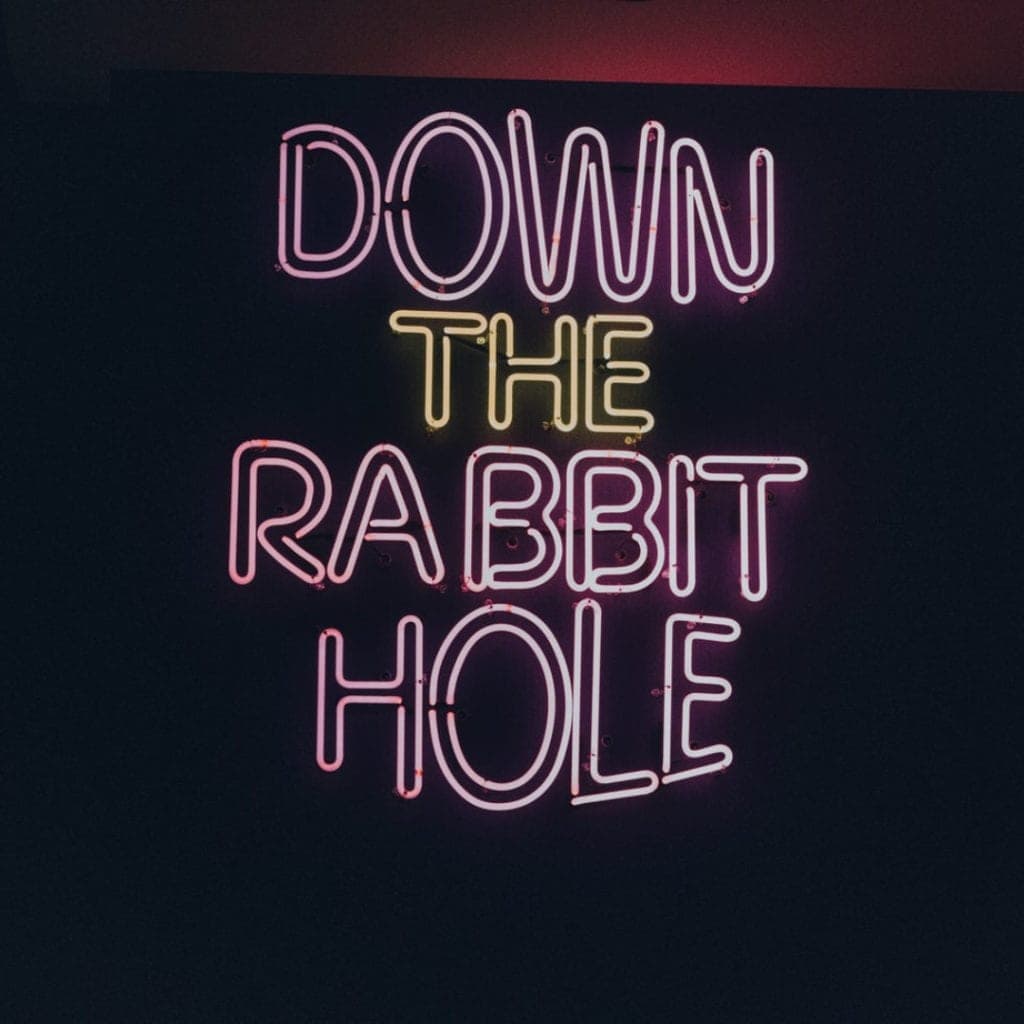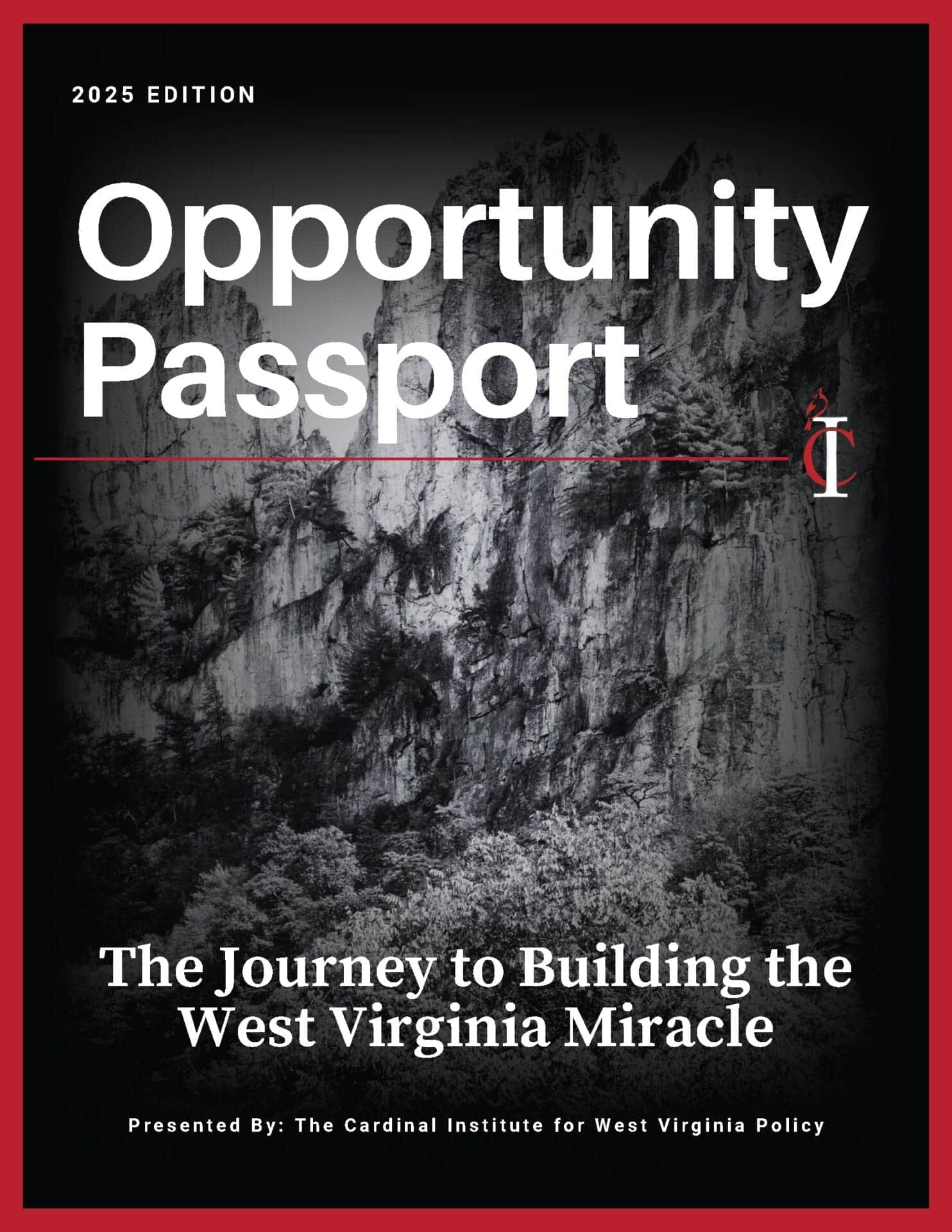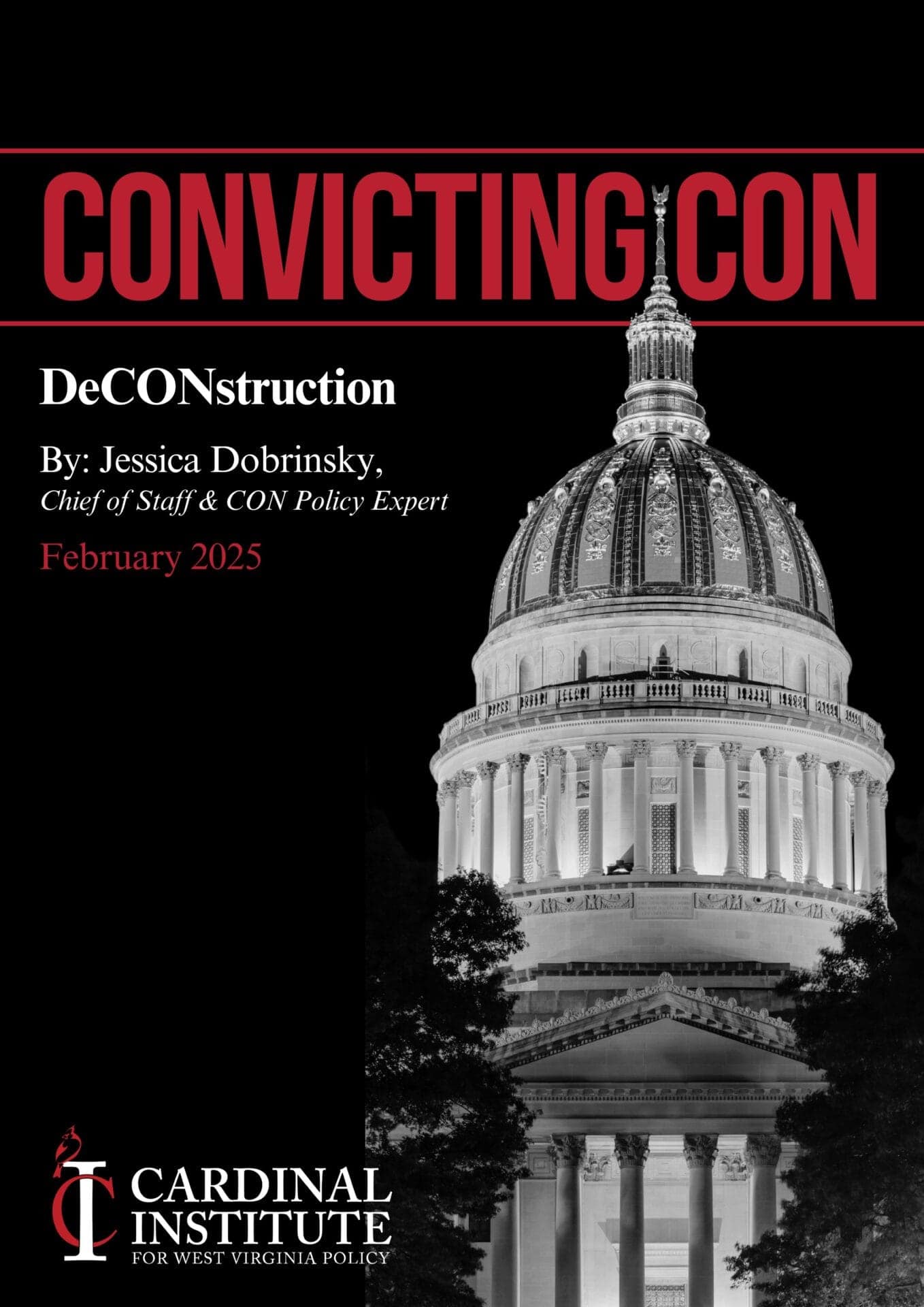
The 95 Theses of Education
Cardinal Team
Education, as you likely know if you are reading this, is an important policy area for the Cardinal Institute. For this reason, like Alice, we can often find ourselves going down a rabbit hole while conducting research on the topic, and on the rare occasion, we find a shiny, beautiful nugget.
Peter Thiel, the founder of PayPal and first outside investor in Facebook, founded the 1517 Fund – a venture capital fund – to circumvent America’s sclerotic education system through investments in founders, entrepreneurs, and scientists working toward positive market disruptions of all types. Like Martin Luther, the 1517 Fund published 95 theses that serve as either criticism of the status quo or guiding light towards a new education paradigm. I found many of these theses quite illuminating and instructive, not only for the work that Cardinal does, but also for anyone attempting to think differently about the creation, delivery, and reception of education in the 21st Century.
Come, Alice, down the rabbit hole we shall go:
- We have to have the freedom to be the only person who believes something.
I think it is somewhat obvious why this thesis struck a chord with me given our current sociopolitical environment. Dissenting thought, whether it is in popular culture, academia, or on myriad media platforms, is often punished, harshly rebuked, or simply “canceled.”
- 11. What is respectable is unoriginal.
Make no mistake that there is a need for, and value in, orthodoxy; however, heterodox, outside-the-box thinking is a necessary condition for the types of advances that societies need to prevent decay. Often, this may push the boundaries of what is acceptable or respectable. Our current schooling system produces too much respectability and too little originality.
- The debt to party ratio is too damn high.
Student loan debt is rapidly approaching $2 trillion in the United States, and the average debt for a graduating senior is now $30,000. Now, this could be a reasonable amount of debt for many majors and serious students, but this level of debt is often taken out for the purposes of mediocre educations and glorified social clubs. As a modern, wealthy society, education has become far too undervalued, especially at the university level. As Herbert Stein once said, “If something cannot go on forever, it will stop.” The student loan status quo is unsustainable.
- The problem in schooling is not that we have invested too little, but that we get so little for so much.
The United States currently spends (federal, state, and local) over $730 billion annually in public K-12 education and over $80 billion (federal) in higher education which is the highest amount in the world. However, American test scores have been stagnant for decades and are mired in the middle or bottom of the pack when compared to other developed economies. We must ask ourselves what we are getting for the investment and how we can begin to spend more effectively and efficiently.
- Give whatever public money is currently spent on schools to families to spend on educating their kids how they see it best.
“Fund students, not systems” has become a rallying cry for school choice advocates across the country. At the heart of this dictum is the idea that families understand what their own child needs better than any school system or bureaucracy. Unfortunately, the education system in the United States has trended more towards funding buildings and bureaucrats rather than funding individual children.
- Permanent grades on a permanent transcript inculcates a permanent fear of failure.
As a society, the United States is very forgiving towards failure and incentivizes risk-taking as a cultural attribute. From bankruptcy laws that allow a “fresh start” to glorification of the entrepreneur, American culture recognizes the need for failure as an important component in the discovery of what works. Everything, that is, with one glaring exception – American education. The permanent record can loom like an A-F Sword of Damocles over students as they progress through their academic career which, over time, can cause hesitation, fear of failure, and an unnaturally high aversion to risk. Quite simply, this is incongruent with the rest of our society.
Now, those these are just a smattering of those which I felt were particularly impactful. I recommend that you click the link above and read through them all, but I will throw in a few more below that I found helpful or illuminating, thus concluding our ever-so-brief tour of the rabbit hole:
- “Would you rather have a Princeton diploma with a Princeton education, or a Princeton education without a Princeton diploma? If you pause to answer, you must think signaling is pretty important.” – economist Bryan Caplan
- The power of the government should not be used to compel everyone to learn the same things in the same way at the same place at the same pace at the same age.
- In most schools, boredom with tedium has been diagnosed as a psychological disorder.
- Never let schooling interfere with your education.
- That education is best which teaches us to educate ourselves.
- The university rewards researchers over teachers.
- Any pioneer who chooses to circumnavigate the one-size-fits-all model should be applauded for their courage rather than tattooed as a dunce.
- Teacher’s pay should neither be uniform, nor based on credentials earned, nor on number of years worked. Awful teachers are overpaid and cannot be fired. Great teachers are underpaid. Abolish any system of compensation that attracts the mediocre and uninspiring and repels the imaginative and daring.
Garrett Ballengee is the Executive Director of the Cardinal Institute for West Virginia Policy.







